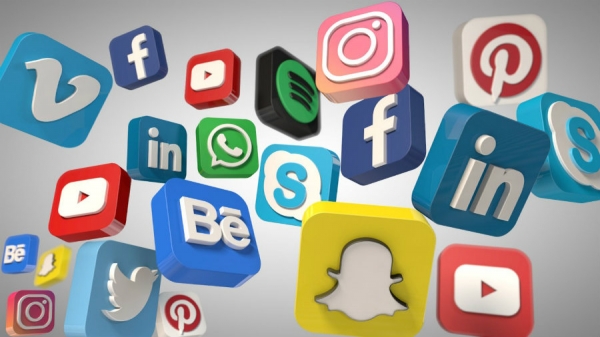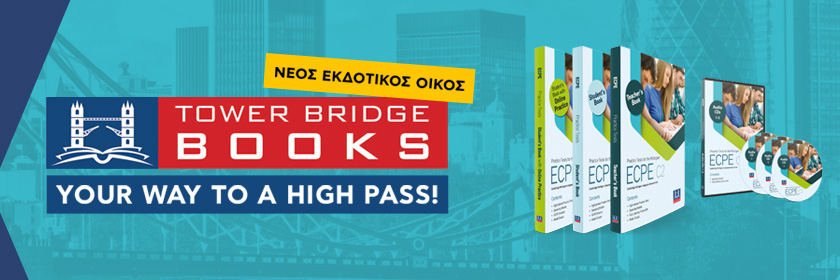With many advanced technologies, today the 510.1 million km² areas of the Earth looks small in size as with just one click we can see our galaxy, stars and can even get in touch with our loved ones sitting miles away from us. These technologies such as Android and Facebook have touched almost all the aspects of our life. There are seven innovations of the 21st century that have immensely contributed to the betterment of our life.
1. Bluetooth: This amazing innovation enables users to exchange data from fixed and mobile devices. In short, it allows electronic devices to communicate wirelessly. Developed in 1999, Bluetooth was first used in mobiles and tablets in 2000. This innovation has considerably changed the way people use to share data. The scope of Bluetooth multiplied with the advent of the internet of things.
2. AbioCor Artificial Heart: The AbioCor Artificial Heart is the world’s first total replacement heart created by Abiomed. The product is a result of 30-year research. The product came as a premier solution for heart patients at risk of succumbing to death due to heart failure. It keeps from falling the body’s circulatory system. The product is ideal for patients under severe heart conditions such as irremediable left and right ventricular botch. The product was implanted in humans for the first time in 2001 by a surgeon of Jewish Hospital located in Louisville, Kentucky. The artificial heart has an inbuilt pump, a rechargeable battery, and an electronics package. The pump comprises artificial ventricles and hydraulic pumping system that runs on a motor. The pump’s motor rotates at 4,000 to 8,000 revolutions per minute to create pressure to transport blood from the artificial right ventricle to the lungs or to the body through the artificial left ventricle. The pumping system of the artificial heart is monitored by the electronic package, inserted in the patient’s abdominal area.
3. Facebook: Facebook changed the way people used to connect with their friends and make new friends online. Launched in 2004, the social networking site has around 1.79mn active users across the globe. It was not the first social networking site; rather it is built on the success of earlier sites such as MySpace and Bebo. Its simple navigation and great response made Facebook one of the most used social networking sites.
4. YouTube: Launched in 2005, the video-sharing website was created by former PayPal employees. In 2006 it was bought by Google. The website became popular for its capabilities to share videos across the globe. The website has gradually become one of the most favoured platforms for promotion. These days, individuals are making their own channels at YouTube promoting their skills and are also earning revenues. It is also a melting pot of news, events, funny videos, political messages and music clips.
5. Google Android: The mobile OS – Android –runs on the Linux kernel and is specifically crafted for touchscreen mobile devices like smartphones and tablets. Originally created or cameras, Android was purchased by Google in 2005 and was introduced to the public as a mobile OS in 2008. Post its launch, Android was developed as an open source OS for the cameras. Today, Android is the primary operating system for smartphones such as Samsung, Sony, LG, and HTC. Google Android dominates the global market with 80% share. The introduction of Android also led to cheaper smartphones in developing nations such as India.
6. Amazon Kindle: This is the most favoured device for book lovers and all those who love to read. Whether it is a magazine, News Paper or some book one can read everything on the device by simply downloading, buying and browsing. The device offers the best reading experience. Although it wasn’t the first reading device, launched in 2007 the device has received good reviews and was able to throw tough competition on its rival Sony. Amazon controls around 80% of the ebook market share in the UK.
7. Google Driverless Car: The Google driverless car project or Waymo, a subsidiary of Google’s parent company Alphabet Inc. is the first driverless car to have touched the roads. Its first rider was a blind man in Austin, Texas. The car has one of the most expensive equipment and technology that support people with disabilities. The company works with a mission of finding “a new way forward in mobility”. It is believed that driverless cars will save lives from accidents, ease congestion and curb energy consumption.
Living without these devices might be a tough challenge for some. These devices have not only changed our style of living but have also made us dependent on them. Ask yourself, how many times in a day do you crave to check your Facebook? How many times in a day do you look at your Android phone for new apps and updates? Can you imagine how terrible life could be of heart patients without artificial heart? Answering these questions can explain why these innovations are important.








